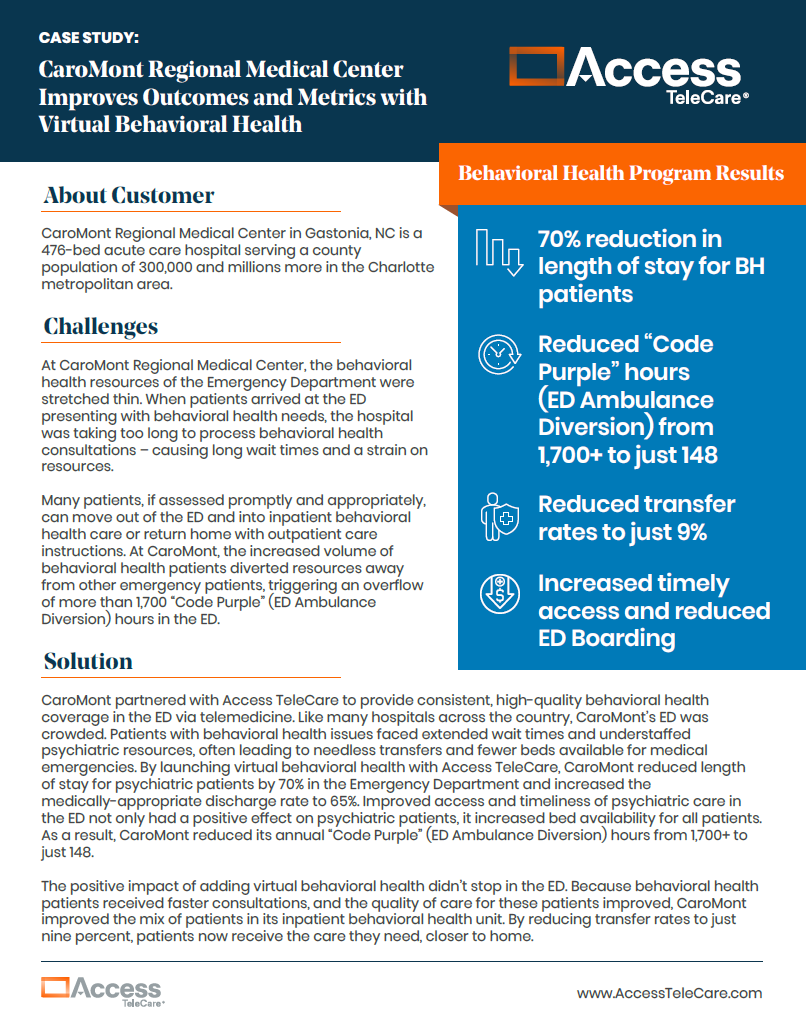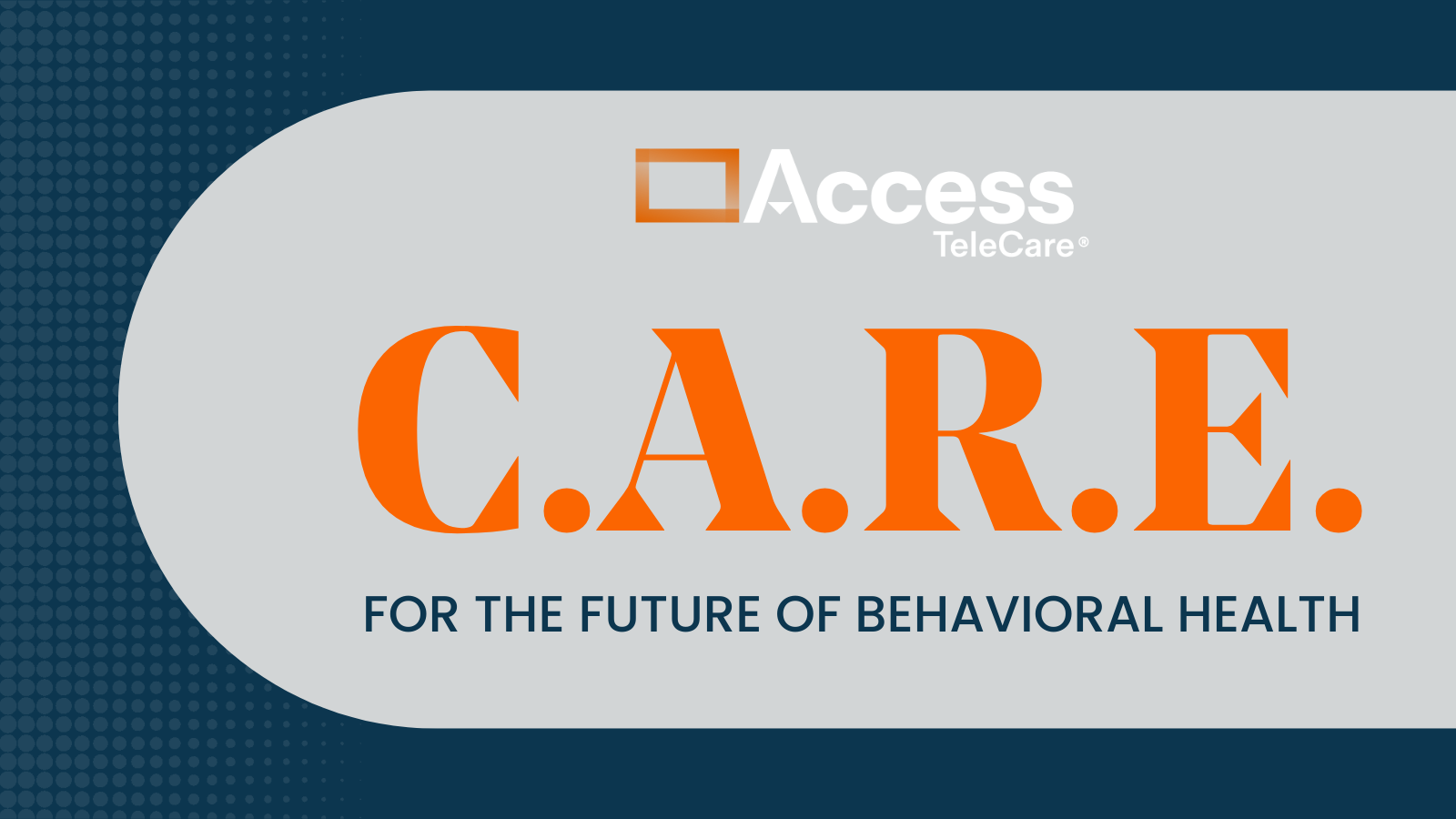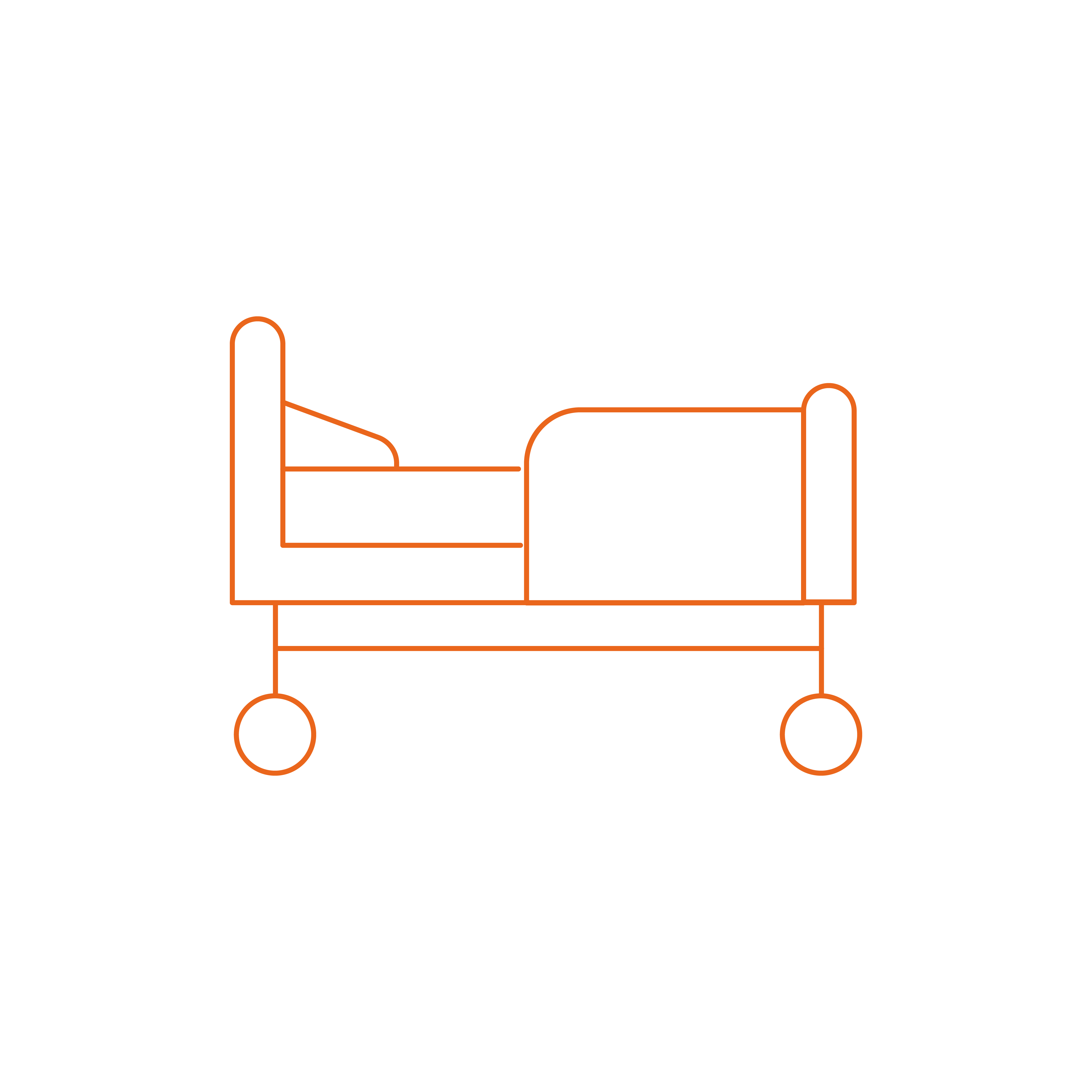CaroMont Regional Medical Center Improves Outcomes and Metrics with Virtual Behavioral Health
Access TeleCare Case Study
Access TeleCare helped CaroMont Regional Medical Center, a 476-bed acute care hospital in North Carolina, see patients presenting to the ED with behavioral health needs quickly, reducing transfers, ED boarding times, and length of stay.
Virtual Behavioral Health Care Alleviates Crowded ED and Strain on Resources
The Challenge
At CaroMont Regional Medical Center, the behavioral health resources of the Emergency Department were stretched thin. When patients arrived at the ED presenting with behavioral health needs, the hospital was taking too long to process behavioral health consultations – causing long wait times and a strain on resources.
Many patients, if assessed promptly and appropriately, can move out of the ED and into inpatient behavioral health care or return home with outpatient care instructions. At CaroMont, the increased volume of behavioral health patients diverted resources away from other emergency patients, triggering an overflow of more than 1,700 “Code Purple” (ED Ambulance Diversion) hours in the ED.
The Solution
CaroMont partnered with Access TeleCare to provide consistent, high-quality behavioral health coverage in the ED via telemedicine. Like many hospitals across the country, CaroMont’s ED was crowded. Patients with behavioral health issues faced extended wait times and understaffed psychiatric resources, often leading to needless transfers and fewer beds available for medical emergencies. By launching virtual behavioral health with Access TeleCare, CaroMont reduced length of stay for psychiatric patients by 70 percent in the Emergency Department and increased the medically-appropriate discharge rate to 65 percent. Improved access and timeliness of psychiatric care in the ED not only had a positive effect on psychiatric patients, it increased bed availability for all patients.
As a result, CaroMont reduced its annual “Code Purple” hours from more than 1,700 to just 148. The positive impact of adding virtual behavioral health didn’t stop in the ED. Because behavioral health patients received faster consultations, and the quality of care for these patients improved, CaroMont improved the mix of patients in its inpatient behavioral health unit. By reducing transfer rates to just nine percent, patients now receive the care they need, closer to home.
“When patients are experiencing an acute psychiatric crisis, being stuck in an emergency department waiting room or hallway can be overstimulating and one of the worst places for them to be. We’re able to get more patients the care they need faster by evaluating patients within a few hours of them entering the hospital.”
– John Kenny, M.D. | Access TeleCare telePsychiatrist
Reducing transfers and length of stay, while also admitting more patients from the emergency department is achievable for hospitals of any size and in any location with behavioral health telemedicine from Access TeleCare.
Learn more about our programs and how comprehensive telemedicine programs can transform specialty care for your hospital.
Results
70% Reduction in Length of Stay
70% Reduction in Length of Stay
Access TeleCare’s program achieved a 70 percent reduction in length of stay for behavioral health patients.
Reduced Code Purple Hours
Reduced Code Purple Hours
Reduced “Code Purple” hours (ED Ambulance Diversion) from more than 1,700 down to just 148.
Reduced Transfer Rate to 9%
Reduced Transfer Rate to 9%
The program reduced the hospital’s transfer rate down to just 9 percent.
Reduced ED Boarding
Reduced ED Boarding
Access TeleCare increased timely access to behavioral health experts who performed consultations quickly to reduce ED boarding.More on Access TeleCare’s Behavioral Health Telemedicine Programs
Breaking the ED Boarding Bottleneck: How TeleBehavioral Health Can Make a Difference
A new national study from the University of Michigan Medical [...]
Advancing Behavioral Health Access at Psych Congress 2025
Timely behavioral health care access remains one of the most [...]
C.A.R.E. for the Future of Behavioral Health
Meeting patients’ behavioral health needs requires more than a quick [...]

















